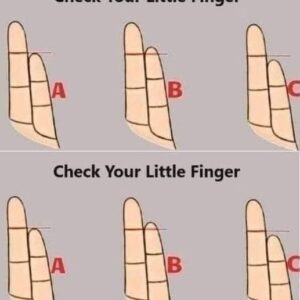The woman’s situation is a complex and emotionally charged one, and there are different perspectives on how to approach it.
Trust and Communication:
Some may argue that trust and communication are essential in any marriage. While the husband’s decision to take a DNA test without consulting his wife was hurtful, it may be seen as an opportunity for them to address the underlying issues in their relationship. They could potentially work through their problems with open and honest communication and therapy, as suggested by the husband.
Boundary and Independence:
Others may argue that boundaries are crucial in a healthy marriage. The husband’s failure to defend his wife from his mother’s intrusive behavior and his unilateral decision to take a DNA test could be seen as a breach of those boundaries. The woman’s decision to seek independence and consider divorce might be viewed as a necessary step to protect her own well-being and that of her child.
Perspective on the DNA Test:
It’s important to note that the issue isn’t solely about the DNA test itself but the broader context of the relationship and lack of support from the husband. Some might emphasize that the woman’s concerns are more about the erosion of trust and feeling unsupported by her spouse, rather than the DNA test results.

In the end, how one views this situation and the best course of action depends on their personal values, priorities, and the specific dynamics of the relationship. Ultimately, it’s up to the individuals involved to make choices that align with their own well-being and the best interests of their child.





